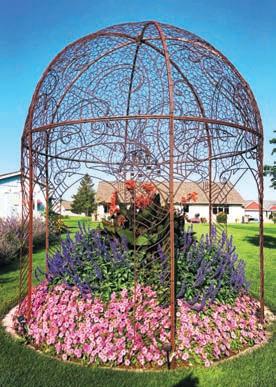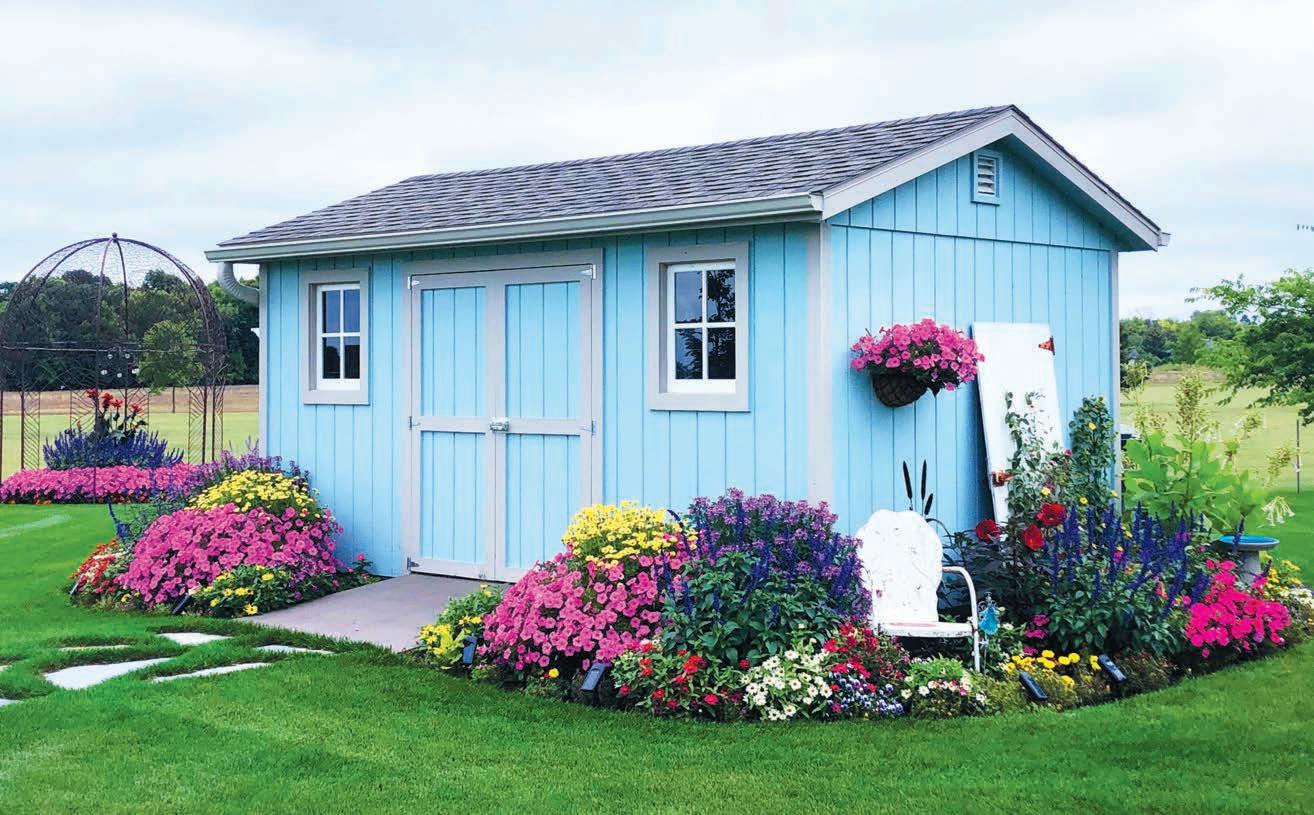
2 minute read
AUTHENTIC You Writers contributing to
Celeste is a reporter for the Echo Press. She enjoys perusing her social media accounts, running and participating in races with her husband, Al.
Al Edenloff of Alexandria and his wife, Celeste, were married in the heart of California wine country and enjoy sipping wine on their weekend date nights.
Lowell Anderson is a photographer at the Echo Press newspaper.
Thalen Zimmerman is a reporter for the Echo Press. His wife, Jade Zimmerman, is a bartender at Willy T’s in Ottertail. They married in the snow-capped mountains of Colorado and enjoy music, traveling and all things outdoors with their daughter Sonny and their dog named Dude.
Lori Mork of Lowry is a mother, grandmother and dabbler in all things food, photography and decor related.
the soil and not the foliage. Watering the soil makes sure the water reaches the roots, she added.
When her house was on the Garden Tour, Simons said, watering would take her about two hours as she had around 130 pots. This year, she said she’ll be scaling back a bit.

The water used for her flowers and vegetables is rainwater that she collects in her numerous rain barrels on her property. She can capture hundreds of gallons of rainwater if she uses all of them.


“I rarely use a hose to water my pots. Instead I use my rainwater,” said Simons. “I do it largely because it’s so much better for my plants, but also because city water is expensive.”
Read Labels
Another tip she shared is to know what can be planted in the same area petunias are not so putting the two together in the same pot is not going to give people what they expect.
When it comes to potting soil and fertilizers, Simons has her favorites. For soil, she said not to buy moisture control because it doesn’t work efficiently enough and it is also more expensive. She used Osmocote fertilizer as it is timereleased, she said. She also uses liquid fertilizer, especially when it is super hot outside.
The best thing anyone can do, Simons said, is to educate themselves and do what works best for them and the plants they have chosen. For her vegetable garden, she uses compost that she buys from Ron Branch, a local farmer who runs Berry Ridge Farms.
Companion planting is another item Simons talked about. She said it is definitely something people should know and that it is easily researched.
“Certain vegetables do not want to be by other vegetables, just like flowers,” she said, noting that it includes storing them, too. Onions and potatoes, for example, she said, should not be stored together because the onions will rot. This was a lesson she learned early on.
Simons couldn’t stress enough the importance of reading labels, tags or seed packets to learn what you need to know about what you are planting. “There’s a reason that information is put on there,” she said. “Plus, you want to sustain your investment and it is an investment.”
Flowers and plants are a lot like people, Simons said. Food, water and air are essential.
“If you never nourish them, just like if you never feed a person, they’re eventually going to shrivel up and die,” she said. “The only thing is, it’s not illegal to kill a plant.”












